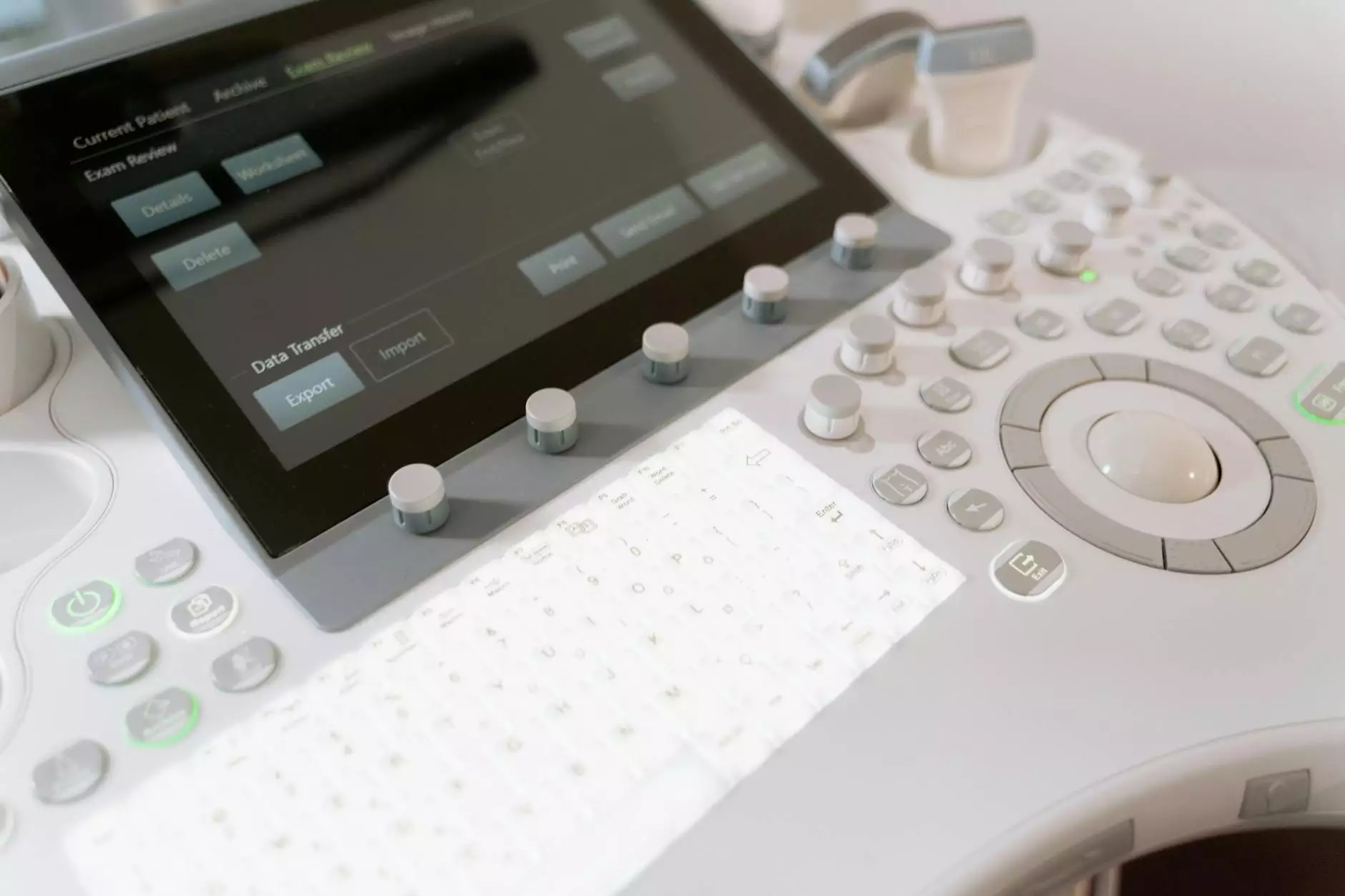CT Scan for Lung Cancer: A Comprehensive Guide

Lung cancer is one of the most common and lethal types of cancer worldwide. According to the World Health Organization, it accounts for more deaths than any other cancer type. Early diagnosis is crucial to enhancing treatment success rates and improving survival chances. One of the most effective tools for early detection is the CT scan for lung cancer.
Understanding Lung Cancer
Lung cancer develops in the lungs and can spread to other parts of the body. The two main types are:
- Non-small cell lung cancer (NSCLC): This is the most common type and includes several subtypes, such as adenocarcinoma, squamous cell carcinoma, and large cell carcinoma.
- Small cell lung cancer (SCLC): This type is less common but tends to be more aggressive and spreads more rapidly.
Risk Factors: Understanding the risk factors associated with lung cancer is essential for prevention and early detection. Some major risk factors include:
- Smoking: The leading cause of lung cancer, responsible for approximately 85% of cases.
- Second-hand smoke: Exposure to tobacco smoke from others can increase the risk.
- Environmental factors: Prolonged exposure to radon gas, asbestos, or chemical pollutants.
- Genetic predisposition: Family history of lung cancer can significantly increase one’s risk.
The Importance of Early Detection
Detecting lung cancer early significantly enhances treatment options and survival rates. Patients diagnosed at an early stage have a better prognosis than those diagnosed at a later stage. Here’s where the CT scan for lung cancer plays a pivotal role.
What is a CT Scan?
A CT scan (Computed Tomography scan) is a non-invasive imaging technique that produces detailed cross-sectional images of the body. Unlike standard X-rays, CT scans provide more comprehensive information about the structures within the body. When it comes to lung cancer, CT scans are particularly useful for:
- Identifying suspicious nodules or masses in the lung.
- Determining the size and location of tumors.
- Assessing if the cancer has spread to nearby lymph nodes or other organs.
How Does a CT Scan Work?
During a CT scan, the patient lies on a table that slides through a large, doughnut-shaped machine. The machine takes a series of X-ray images from various angles. A computer then processes these images to create detailed 3D representations of internal structures. The entire process usually lasts less than 30 minutes, and the patient is required to remain still to ensure clear images.
CT Scan Indications for Lung Cancer Screening
While not everyone requires a CT scan, certain individuals are strongly advised to undergo screening. The U.S. Preventive Services Task Force (USPSTF) recommends annual low-dose CT scans for lung cancer screening in:
- Adults aged 50 to 80 years.
- Individuals with a 20 pack-year smoking history.
- Current smokers or those who have quit within the past 15 years.
These guidelines are designed to catch lung cancer at its earliest and most treatable stage. Patients who meet these criteria should consult their healthcare provider about the potential benefits and risks involved in having a CT scan.
Preparing for a CT Scan
Preparation for a CT scan typically involves:
- Consultation: Discussing any allergies, especially to contrast material if used.
- Fasting: Patients may be instructed to avoid eating or drinking for a few hours before the scan.
- Removing clothing and jewelry: To prevent interference with images, patients must remove items that could obscure the scans.
What to Expect During a CT Scan
During the scan, the medical team will provide clear instructions. Patients may be asked to hold their breath for short periods. A contrasting dye may be injected or ingested to improve image clarity. The experience is quick and typically painless, although some patients may experience a warming sensation during dye injection.
Interpreting CT Scan Results
Once the CT scan is completed, a radiologist will evaluate the images and prepare a report. The report will indicate whether any abnormalities were found, including the presence of nodules or masses. Further tests or biopsies may be needed to determine if any detected abnormalities are cancerous.
Follow-Up After CT Scans
After receiving the results, further action may be warranted which may include:
- Regular monitoring with follow-up CT scans to track any changes in nodules.
- Additional imaging or tests, such as PET scans or biopsies, to provide more information.
- Discussion of treatment options, if cancer is diagnosed.
Advanced Imaging Techniques Beyond CT Scans
While CT scans are highly effective, other imaging methods can complement diagnostic efforts:
- Positron Emission Tomography (PET) scans: Useful for assessing metabolic activity of tumors.
- Magnetic Resonance Imaging (MRI): Often employed to examine areas where cancer may have spread, especially in the brain and spine.
The Role of a Specialist in Lung Cancer Diagnosis
For accurate diagnoses and treatment planning, consulting with specialists is crucial. Key professionals include:
- Pulmonologists: Experts in lung health and diseases.
- Oncologists: Specialized in cancer treatment.
- Radiologists: Physicians trained in imaging techniques and interpretation.
Conclusion: Emphasizing the Value of CT Scans in Lung Cancer
A CT scan for lung cancer is a critical tool in the early detection and treatment of this devastating disease. By understanding the significance of regular screenings and the role of advanced imaging, patients can take proactive steps towards their lung health. Remember, early detection coupled with the right support from healthcare professionals plays a vital role in improving outcomes. If you or someone you know is at risk, consider discussing a CT scan with your healthcare provider to better understand this essential diagnostic tool.
Contact Us
At Hello Physio, we are dedicated to providing comprehensive care in Health & Medical, Sports Medicine, and Physical Therapy. For more information about lung cancer screening and other health services, visit us at hellophysio.sg or contact our team today for personalized guidance.



